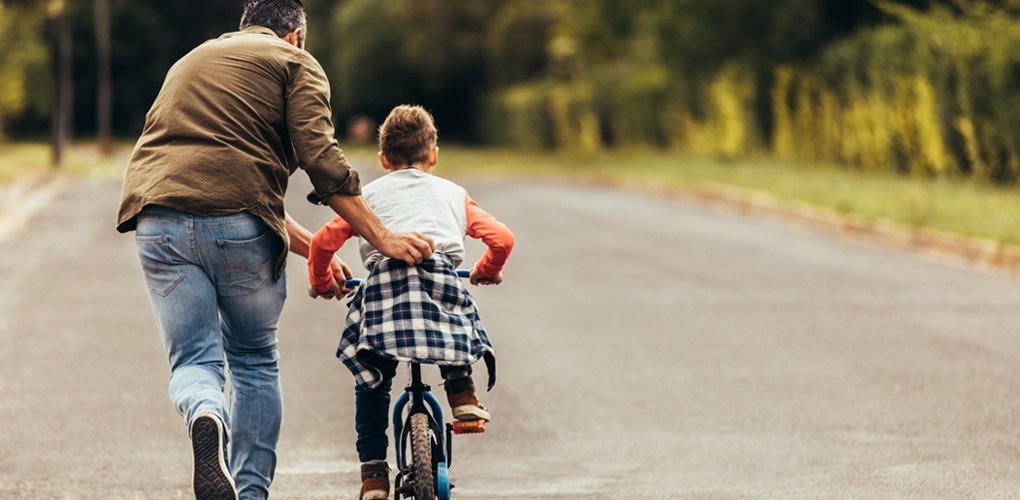Parents

As parents, you have a responsibility to protect your children and ensure their:
- well-being
- security
- education
- development
In other words, you must, by law, act “in the best interests” of your children until they reach age 18, the age of majority.
Failure to protect and respect your children’s rights could result in their situation being reported to the Director of Youth Protection (DYP).
-
What are my children’s rights? What laws protect my children?
All children in Québec have rights.
Your children’s rights include:
- the right to life
- the right to health
- the right to education
- the right to play
- the right to a family life
- the right to protection from discrimination
- the right to protection from violence
- the right to express their views
A variety of laws guarantee these rights.
All children are protected by:
- the Charter of Human Rights and Freedoms
- the Convention on the Rights of the Child
Children who have been reported to or who are under the responsibility of the Director of Youth Protection (DYP) are also protected by:
- the Youth Protection Act
Children who have violated a federal law or committed a criminal offence are also protected by:
- the Youth Criminal Justice Act (YCJA)
-
How can I protect my children?
By respecting and enforcing their rights
Protecting your children’s rights includes:
- ensuring they receive an education
- never abusing them physically or psychologically
- never abusing them sexually or allowing anyone else to
- intervening if you believe that their rights are not being respected or if you witness injustice or abuse toward them
Talking to your children about rights
You have a role to play in teaching your children about their rights and responsibilities. You can do this by:
- giving them opportunities to express themselves and to tell you what they are going through, and listening to what they say
- teaching them about all humans’ fundamental rights
- teaching them about their duties toward others (not discriminating, not bullying, etc.)
- explaining to them what equality, discrimination and harassment are
Anyone may report the situation of a person under age 18 to the Director of Youth Protection (DYP) if they believe:
- that the young person’s rights are not being respected
- that the young person’s development is in danger
- that the young person is not safe
Some people are even obliged to report these things, like people who work with children (for example, teachers).
